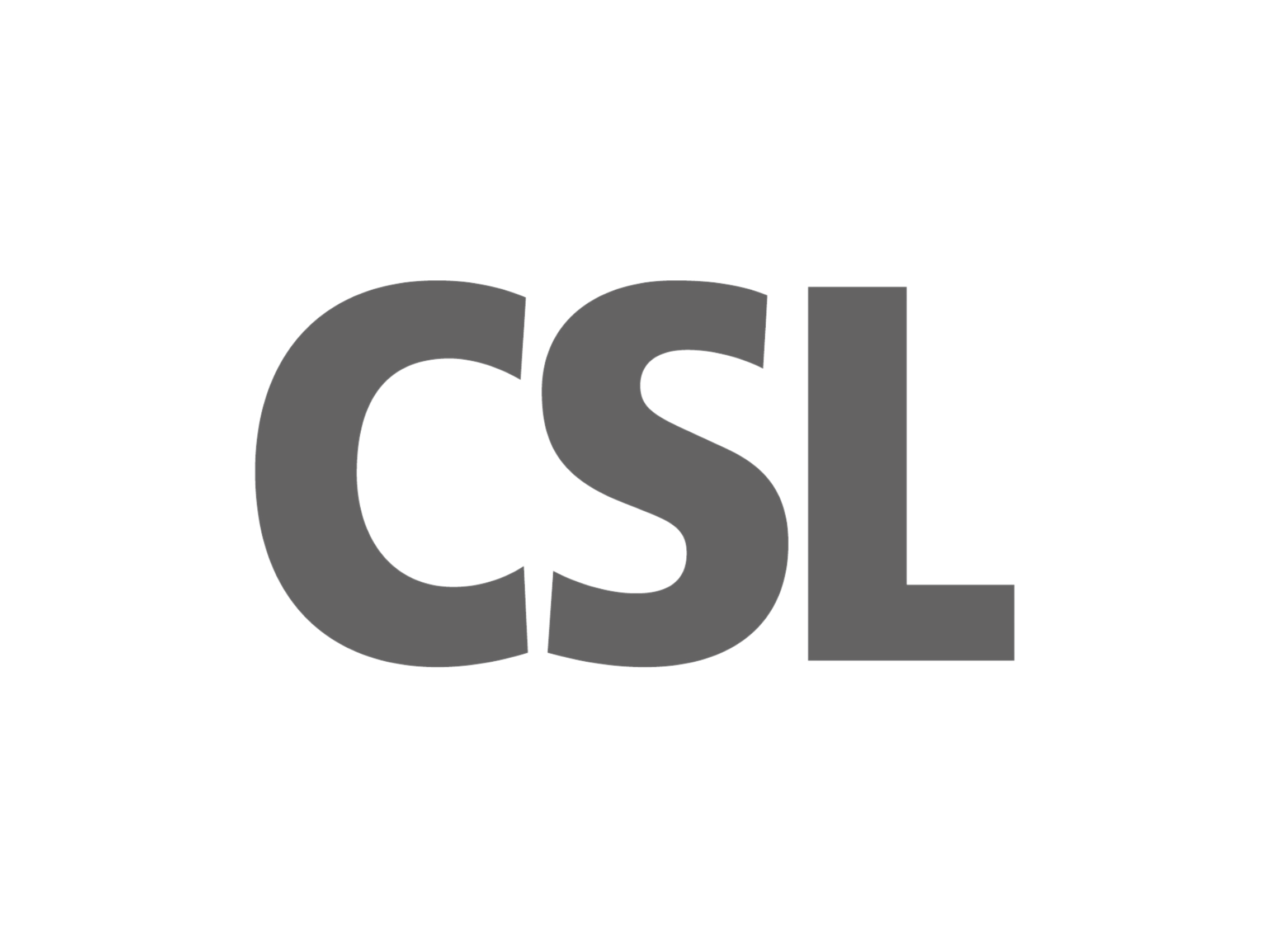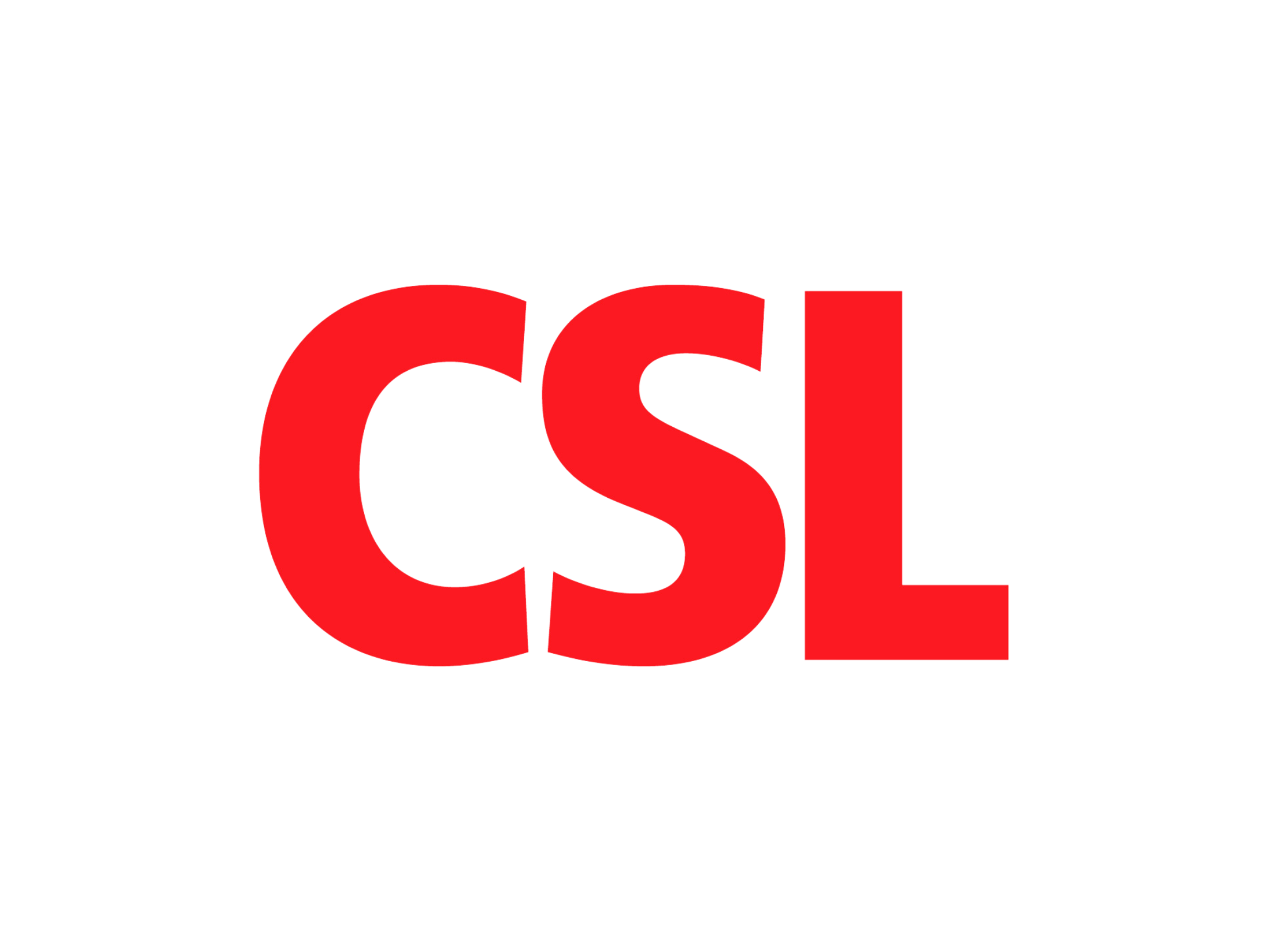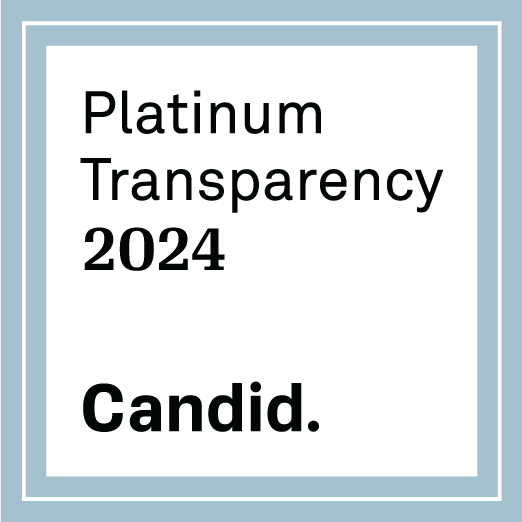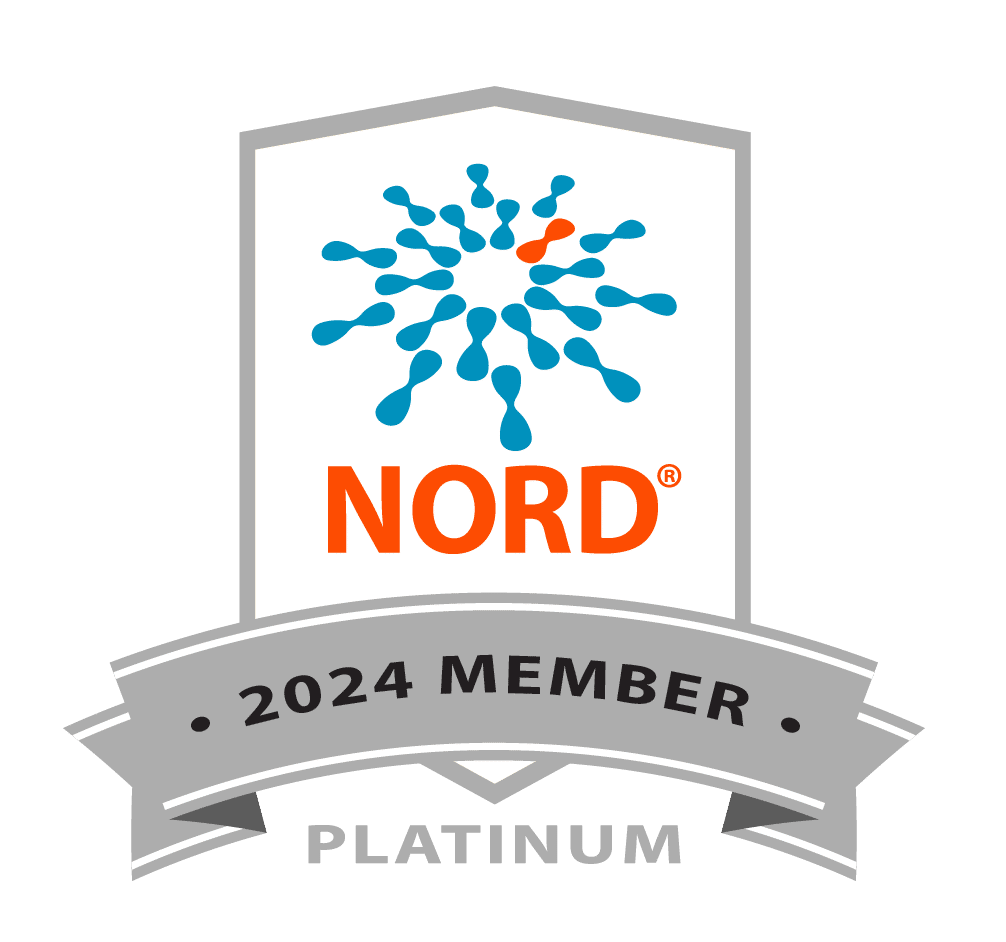It is hard to imagine that it has been two years since our lives changed completely due to the onset of SARS-CoV-2, COVID-19. The pandemic has halted our lives for over two years. At different times, we have witnessed surges in all parts of the world and in all cities across the United States and we have adjusted our lives and lifestyles to stay safe and healthy. We have seen the Omicron variants and how much more contagious they are compared to the original SARS-CoV-2 virus or the Delta variant. We have learned that the mRNA vaccines with a booster provide the best protection against Omicron.
Vaccines remain the best public health measure to protect people from COVID-19, slow transmission, and reduce the likelihood of new variants emerging.
Current vaccines are expected to protect against severe illness, hospitalizations, and deaths due to infection with the Omicron variant. However, we are seeing breakthrough infections in both double and triple-vaccinated individuals.
The CDC recommends that everyone 5 years and older protect themselves from COVID-19 by getting fully vaccinated. The CDC recommends that everyone ages 18 years and older get a booster shot at least two months after their initial J&J/Janssen vaccine or six months after completing their primary COVID-19 vaccination series of Pfizer-BioNTech or Moderna. Many in public health have suggested that the term “fully vaccinated” be considered to mean receiving both the initial vaccination series plus a booster.
While there is no way to know how you or anyone else will react to having COVID-19, people who are at risk for serious COVID-19, like Alphas, need to remain vigilant. There is no cure for COVID-19 yet, but healthcare professionals are using several treatments for people with more serious symptoms to help the body fight the disease and possibly decrease its long-term effects.
COVID-19 treatment options are available for patients with mild to moderate symptoms, patients in the hospital, and people who may not have symptoms but have been exposed to someone who has tested positive for COVID-19 and are high risk for serious COVID-19. At this time, the U.S. Food and Drug Administration (FDA) has authorized treatments for emergency use.
Monoclonal Antibody (mAb) Treatments: The FDA has issued Emergency Use Authorization (EUA) for investigational mAb treatments that can attach to SARS-CoV-2, the coronavirus that causes COVID-19. These antibodies could help your immune system recognize and respond more effectively to the virus. Your body naturally makes antibodies
to fight infection. However, your body may not have antibodies designed to recognize a new virus-like SARS-CoV-2, the virus that causes COVID-19. Monoclonal antibodies are made in a laboratory and are given to patients directly with an infusion. These antibodies make it more difficult for the virus to reproduce and cause harm. These antibodies could help your immune system recognize and respond more effectively to the virus. These treatments have been authorized for patients with mild to moderate cases of COVID-19. This includes those who have had symptoms for 7 days (bebtelovimnab) or 10 days (sotrovimab) or less, who are 12 years of age or older, and who are at high risk for progressing to serious COVID-19 and are not in the hospital. It also includes people who are 65 years or older and people who have certain chronic medical conditions. These are used to slow or reduce the virus’ growth and spread in the body, as well as to enhance breathing and help with other symptoms.
Evusheld- Prophylactic treatment: You do not have to test positive or have symptoms to be eligible for mAb prophylactic treatment. This treatment is generally used for individuals with immunocompromised conditions such as those with organ transplants.
Oral Antiviral treatments: If you are at risk for serious COVID-19 and you have tested positive for COVID-19 within the past 5 days, you
may want to consider taking prescription oral antiviral pills. Two treatments are available: Paxlovid (Pfizer) and molnupiravir (Merck). You may qualify for one of these COVID-19 treatments depending on your age, health history, and how long you have had symptoms. These are authorized for patients who have mild to moderate symptoms of COVID-19 and are not in the hospital. Molnupiravir is for patients ages 18 and older. Paxlovid is for patients ages 12 and older weighing at least 88 pounds. For both, Paxlovid and molnupiravir, treatment needs to begin within 5 days after the first symptoms appear. Both oral antivirals require a prescription from a healthcare professional. Oral antiviral treatment may help your body fight COVID-19 by stopping the SARS-CoV-2 virus (the virus that causes COVID-19) from multiplying in your body, lowering the amount of the virus within your body, or helping your immune system. By getting treatment, you could have less serious symptoms and may lower the chances of your illness getting worse and needing care in the hospital.
The following treatments for patients in the hospital with worsening (serious) cases of COVID-19 have been approved or authorized for emergency use by the FDA.
Remdesivir: This is the first drug approved by the FDA for the treatment of COVID-19 in adults and pediatric patients at least 12 years of age in the hospital. Remdesivir, also known as Veklury, is in a class of treatments called antivirals. It works by stopping SARS-CoV-2 from spreading in the body.
Actemra: This is a mAb authorized for emergency use for the treatment of some patients in the hospital with COVID-19. Actemra is a medication that is FDA-approved for multiple inflammatory diseases, including rheumatoid arthritis, and has shown in studies that it may be effective in treating COVID-19.
The Alpha-1 Foundation’s Medical Leadership Team has developed the COVID Event Grid as a tool to provide the Alpha-1 Community with guidance on safely attending and conducting events and gatherings. It includes health measures to be implemented in each tier. The color-coded tiers help the Foundation, support groups and Building Friends for a Cure fundraiser understand what types of meetings and events can be conducted in person and the levels of precaution that need to be taken. The COVID Event Grid can be found at www.alpha1.org.
We still highly recommend that all Alphas continue taking precautions to prevent COVID-19. You should take steps to protect yourself and others in many situations, like wearing a mask, staying at least 6 feet apart from others, and avoiding crowds and poorly ventilated spaces. Take these precautions whenever you are:
• In public, especially indoors, when the vaccination status of the people in your immediate vicinity is not known.
• Visiting with an unvaccinated person who is at increased risk of severe illness or death from COVID-19 or who lives with a person at increased risk.
The value of the mask and what we have learned:
1. Lowered exacerbations and hospitalizations in Alphas
2. Lowered rates of influenza and COVID-19











